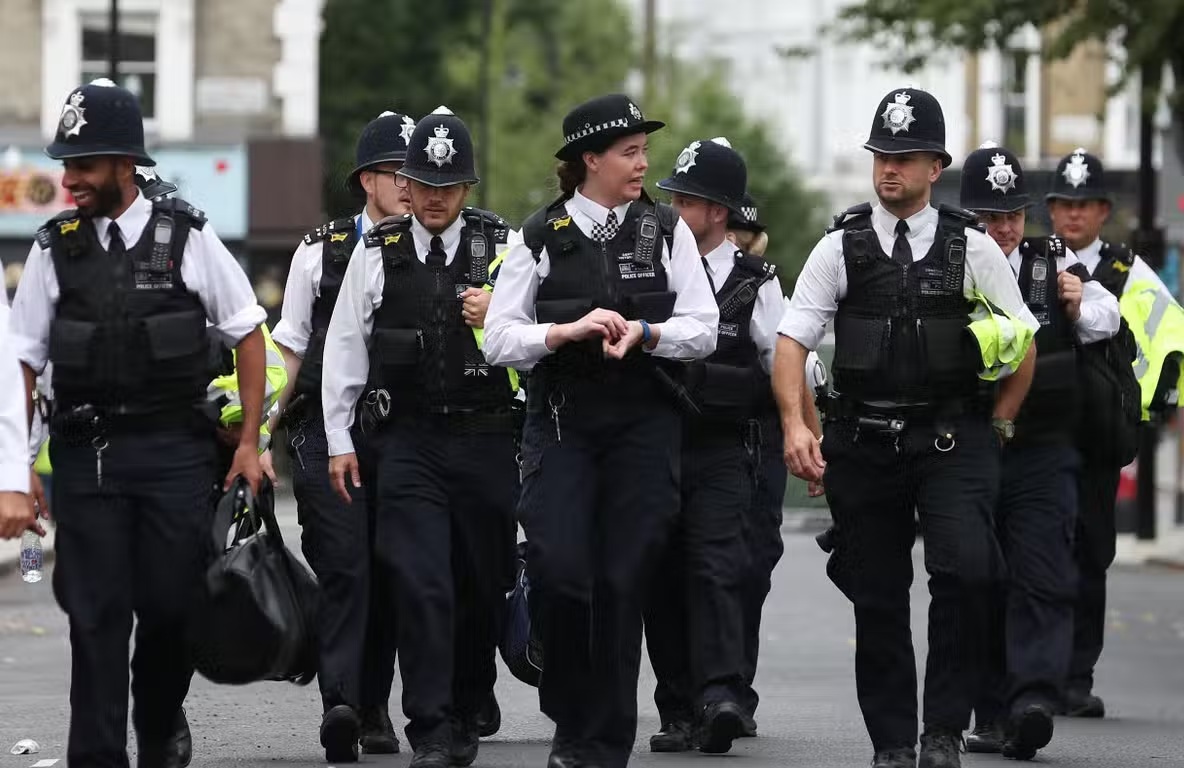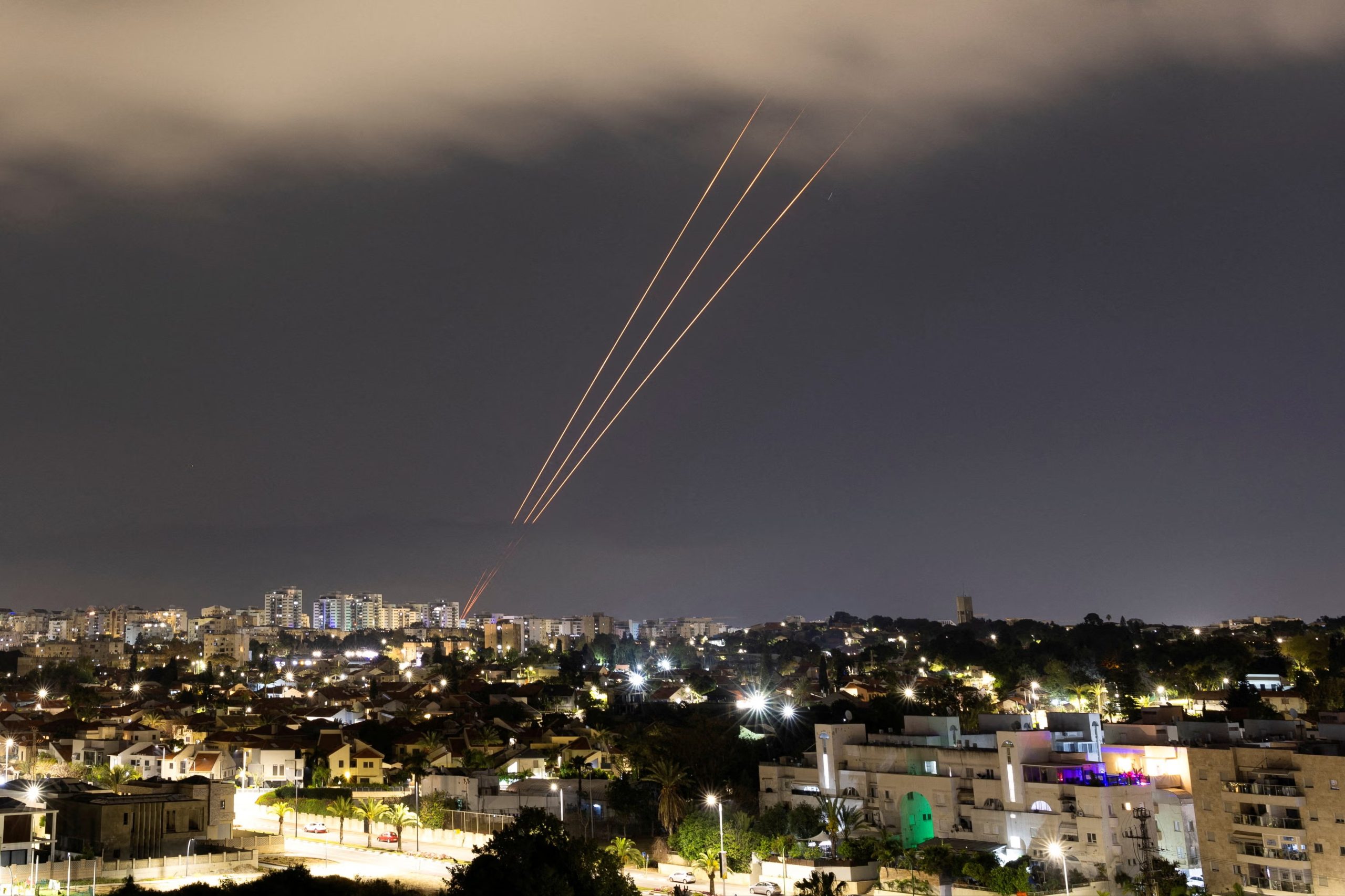Turkey and ‘Islamic State’ – is Ankara doing enough?
European Center for Counterterrorism and Intelligence Studies in Germany and Netherlands.
By DW- The death of ‘Islamic State’ leader Abu Bakr al-Baghdadi near Turkey’s border has sparked concern Ankara isn’t doing enough to fight the terrorist militia. Critics say the government’s approach has been too lenient.
It came as a great relief to many Western governments when Washington announced last week that the leader of the “Islamic State” (IS) terrorist militia, Abu Bakr al-Baghdadi, had been killed during during a US military raid in the northern Syrian region of Idlib. Among the Turkish public, however, al-Baghdadi’s whereabouts has raised a serious question: How can one of the most wanted terrorists in the world go unnoticed only a few kilometers from Turkey’s border? The terrorist leader’s 65-year-old sister was also located around 6 kilometers (4 miles) from the Turkish border, Ankara reported on Tuesday. She is said to have been arrested by Turkish authorities near the northern Syrian town of Azar.
The news has many people in Turkey wondering whether the country’s border region has become a hideout for high-ranking IS terrorists, and what sort of relationship the country’s government has with jihadist groups.
Is Ankara turning a blind eye?
The fact that high profile terrorists have sought refuge near the Turkish border, despite Anakara’s declared goal to eradicate terrorism from northern Syria, comes as a surprise to Erk Acarer, a Turkish journalist and expert on IS terrorism. “Through the military operation in Idlib, 3,000 Syrians invaded Turkey and the authorities did not even look,” he said, lamenting the lack of scrutiny directed toward people who could pose a threat and easily enter the country from Syria.
According to Cevat Ones, a former deputy chief in Turkey’s MIT intelligence service, Ankara is doing more to combat terrorism. The Turkish government is fighting al-Baghdadi and jihadist groups, “and Turkish society supports this fight,” he said.
There have been times, however, when the Turkish government underestimated the jihadist threat, Ones noted, adding that “the borders were not controlled very well when the [Syrian] civil war started in 2011.” Many terrorists entered the war zones via Turkey, he said. “There was a lot of criticism, and rightly so, that the borders were not secured — but the lenience toward jihadist terrorists has now been finally put to rest,” he said.
“Turkey is now fighting terrorists,” Ones said, arguing the Turkish military’s current invasion of northern Syria was evidence of that.
Lethal negligence?
Critics and opposition members argue that the temporary carelessness in dealing with IS terrorists has put Turkish citizens at risk. IS supporters have carried out numerous terrorist attacks since 2015, including a suicide attack in the town of Suruc on the Syrian border that killed 34 young people. In the worst terrorist attack in Turkish history, two suicide bombers killed around 100 people in front of Ankara’s main railway station, also in 2015. Then there were the attacks on Istanbul’s Ataturk airport in 2016 and on an Istanbul nightclub on New Year’s Eve 2017.
Some attacks could have been prevented, argued Turkish lawyer Nuray Ozdogan of the Ankara Bar Commission. “The attack in Ankara that claimed approximately 100 lives would not have taken place if a serious investigation had been carried out into the Suruc attack,” she said.
The Ankara suicide bombers were mentioned in 66 secret service reports, but the attack was not prevented, she added. Turkish lawyers demanded an investigation into the Turkish state’s complicity in the wake of the IS attacks in Ankara, Suruc and Diyarbakir but the applications were rejected, Ozdogan said. Much of the evidence of the state’s complicity could never be presented, she explained, “because the police and intelligence services did not release any information.”
Thriving Islamist scene
These days, the Turkish authorities seem to have adjusted to the IS threat. In recent months, police operations against IS fighters have made headlines in the Turkish media, including recent arrests in Izmir, Adana and Istanbul.
However, IS structures managed to develop in many Turkish cities while the state was still turning a blind eye. The presence of IS and its jihadist communities is noticeable, in particular in towns near the Syrian border, including Hatay, Adiyaman, Gaziantep, Kilis and Sanliurfa — but also in Ankara, Izmir and Adana. They do not hide their fundamentalist ideology: In 2015, hundreds of IS supporters gathered in Omerli Park near Istanbul to attend an event with Halis Bayancuk, a well-known IS preacher who publicly calls for jihad.
There is hope that, after the death of al-Baghdadi, Turkey will take a harder line on terrorist organizations such as IS. But experts are wary, pointing out that the IS threat is bound to continue. Even if “the murder of the leader of a terrorist organization … [causes] a considerable weakening of the organization,” people in many countries, including Turkey, will continue to agree with the ideology, Ones said.
European Center for Counterterrorism and Intelligence Studies in Germany and Netherlands.




